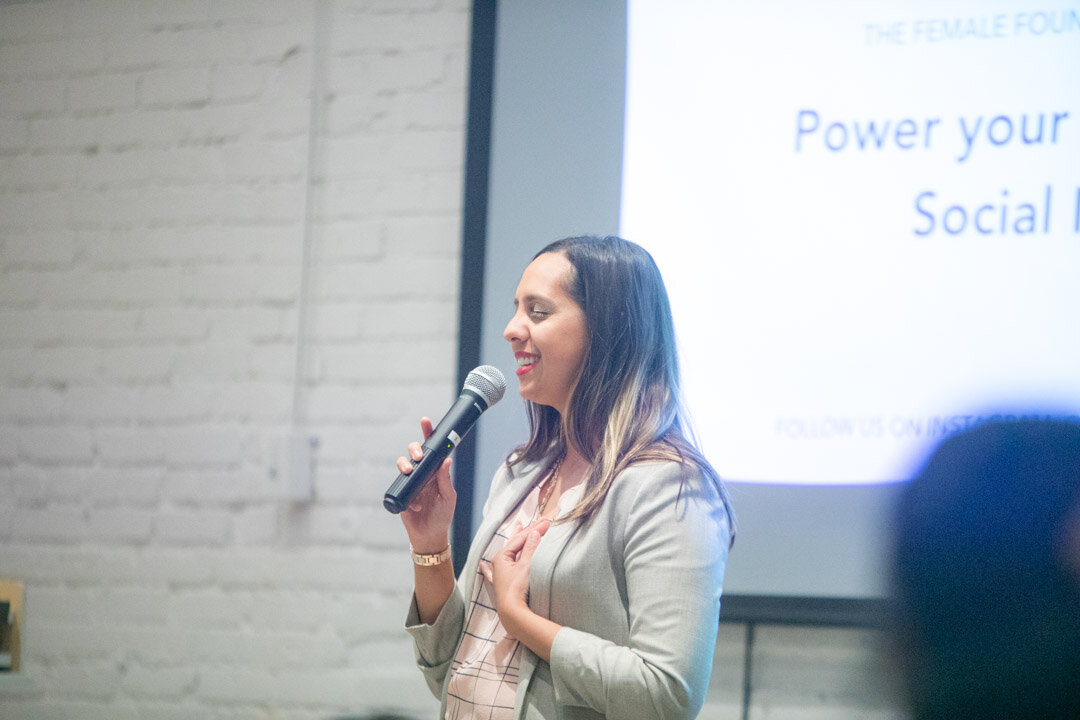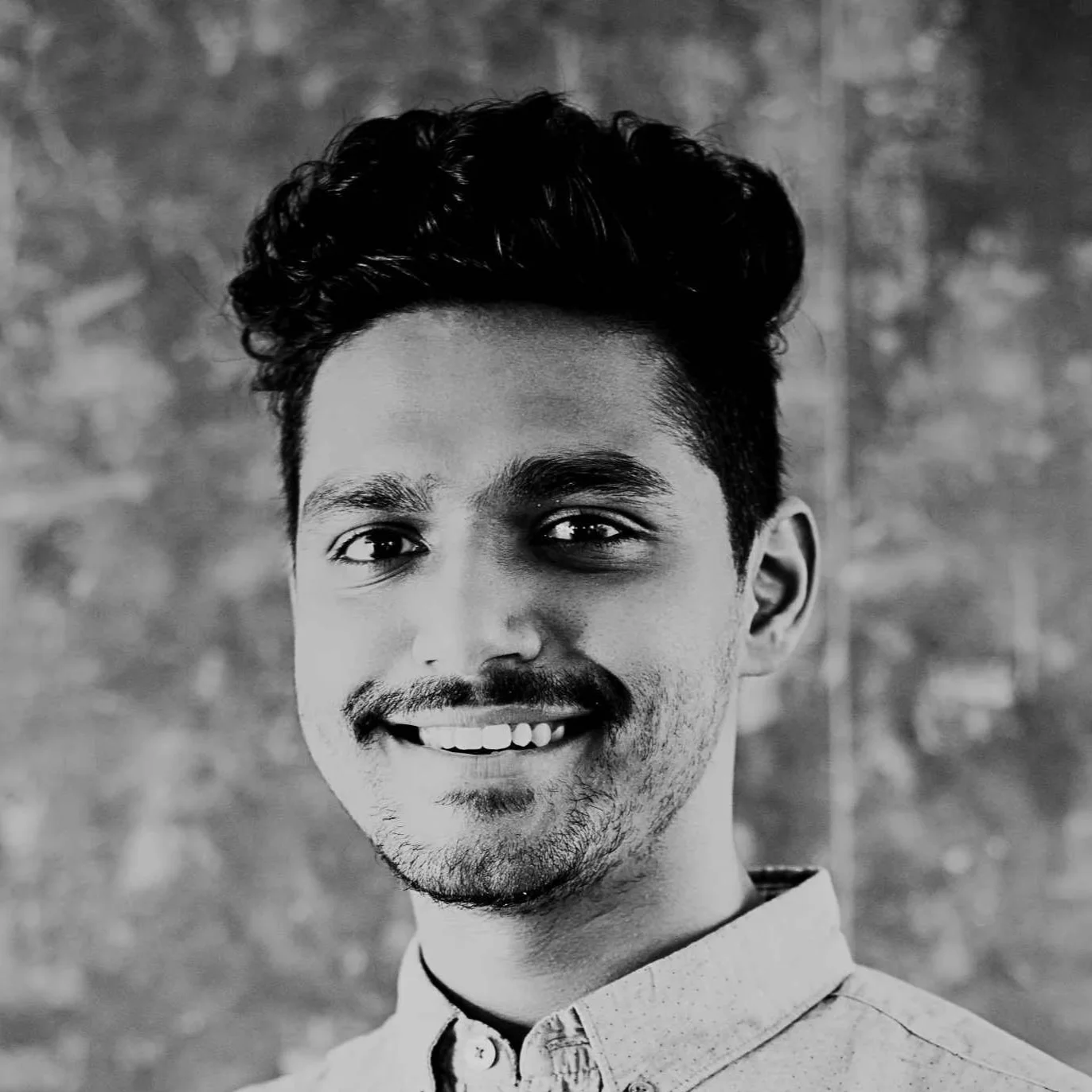Nilima Achwal On Inclusion Of Female Entrepreneurs
Nilima Achwal is the founder of The Female Founders Lab, a global, virtual ecosystem of female impact entrepreneurs creating ventures that will radically transform our world to be more regenerative, sustainable, holistic, democratic, and just.
Nilima is a globally recognized entrepreneur, speaker, venture coach, and writer working to transform systems and industries through social entrepreneurship. Previously, she founded a taboo-breaking social venture called Iesha Learning, bringing sex education and gender sensitization to half a million middle schoolers across India. She also conceptualized and launched a social enterprise incubation program that was funded by the Rockefeller Foundation, which succeeded in raising seed capital for early-stage entrepreneurs in sustainable energy, holistic education, inclusive finance, regenerative agriculture and food systems, and new paradigm healthcare.
Nilima has been published and featured in VICE, USA Today, and Harvard Business Review, was named in the top 100 global social entrepreneurs by Echoing Green and top 8 tech ventures by TechStars India, has given two TEDx talks, has starred in a reality show about social entrepreneurs reaching 10 million viewers, and has published 15+ business case studies for Kellogg School of Management and Ross Business School.
Nilima Discusses the flexible support offered by the Female Founders Lab, as well as the experiences driving her passion to help female entrepreneurs succeed in a currently male dominated sector.
Highlights from the interview (listen to the podcast for full details)
[Anika Horn] - You started The Female Founders Lab back in 2019. Tell us a little bit more about what The Female Founders Lab is and how long it has been operational? Who is it for and what can founders expect when they join?
[Nilima Achwal] - The Female Founders Lab is a completely virtual acceleration ecosystem. The Goddess Accelerator has two programs, with The Goddess Accelerator being inside The Female Founders Lab. We have two programs, the first one [Idea's Lab] is for idea stage founders, and so that is if you just have an idea, and you want to be able to go from your vision all the way to questioning what is the value you're providing to your customer and then actually launching your offering to your customers and monetising it.
That process of going from vision to value to what I call method [which is about what is your actual product or service offering] can take a founder years to be honest, especially to actually nail that product market fit and actually create something that's going to turn into a venture.
That's a six-week program where you end up launching an offering at the end of that course. Then, my other major program is Pitch Lab, and that's for founders who are ready to raise capital. This is kind of my flagship program that I'm the most excited about because I've aggregated some amazing leaders from industries including food systems, healthcare, education and urban systems.
[There are] so many different industries and also female founders who have raised millions in capital, and so you get to learn from the best and you get a lot of one-on-one deeper coaching with me.
My goal is that anyone who goes to Pitch Lab should raise capital within a few months after graduating, because that's the standard that I'm holding myself to. In the larger vein of things, it's so powerful because we're creating a network of people who have a unified vision towards how to shift these industries. The power in that network is unbelievable as well.
What are some of the characteristics that are really unique about that community? What have you seen in the founders that stands apart from either a more male centred founder group or those who don't bring a social or environmental mission to their business?
That's a really awesome question. I think the two words that are coming through right now are authenticity and vulnerability. You can tell when someone is speaking from their heart and when they're putting on a mask and playing the role that they think they're supposed to be playing.
Those founders whose ideas are so important to them that they're willing to risk everything to go off and change the world, that's bravery. That's some deep courage right there and that's the vulnerability to be seen and heard in your unique gifts, wisdom and true capabilities, the large capabilities [pushing you to do] what you're here to do on earth.
Even if you just talk to someone for five minutes, you can tell if that person is operating from that place of courage and vulnerability, or if they're still remaining small and doing something that doesn't have that much impact or maybe isn't a part of their core purpose.
Where do you see those founders struggle the most and how might we help them overcome that challenge?
Frankly, I don't think that the investor and the start-up ecosystem was built to house those founders because it has become a rat race game. There's a lot of different rules that have popped up and everyone is playing the same game. These founders, they have a perspective and a vision that's far beyond anything that most of the people in the industry are even aware of.
Oftentimes these founders don't even realise that they're holding much bigger perspectives then what's apparent in the ecosystem, and the way that we've been raised in society is we go to school, we look up to someone, try to get good grades and then try to get validation from others.
We always have a teacher and someone who's giving us a grade. Especially for women we try to be nice and get validation from others. Basically, we want to feel received and we want to feel like we did a good job. The major thing that I think has to happen for purpose-driven founders is to realise that we're the leaders of the new world and economy, something that hasn't been created yet.
The less importance we give to the people who we think of as role models, figure heads, or leaders, the more importance we can give to ourselves as leader and the more our work will really be able to shine through and create the revenue and impact that it deserves.
Why are you so passionate about this work? What drives you?
I honestly feel like in my life every experience I have had until this moment in time has prepared me for the next thing that I'm doing, that's how I feel with The Female Founders Lab. I followed the masculine overworking and trying to follow the process paradigm and it just didn't work for me. Thinking back, if I had created a B through to C software product to teach sex education, I would have compromised so much of my vision and actually being able to create that change in students in the classroom and a group setting.
That really holistic way that I created impact would have all gotten compromised if I had followed a cookie cutter business model like software or an online course that's easily packageable and scalable, but I chose not to.
I'm just so grateful that I had the tenacity and foresight to listen to myself rather than compromising on my vision and it's so important for the founders I work with to actually fulfil their visions as well. I just think that because I've been through it I can play a unique role in helping founders rediscover that in themselves.
What resources or books do you recommend to emerging female social entrepreneurs or ecosystem builders for social change? What is your go-to? It could be one or even several.
So, first and selfishly, I have started a video series giving entrepreneurial guidance, tips and also inspiration which sets that bigger stage of what's happening in their industries and how you might be playing a role in it!
I would always drag you first to the Goddess Blog, which is on my website at femalefounderslab.com or any of my social media outlets. Then beyond that, NextBillion is a wonderful resource. I wrote for them for many years, and they've been around for enough time where they have a holistic view of what's happening all around the world in social entrepreneurship.
Initiatives, resources and people mentioned on the podcast
To learn more about Nilima’s work, read her full feature on Social Venturers!








